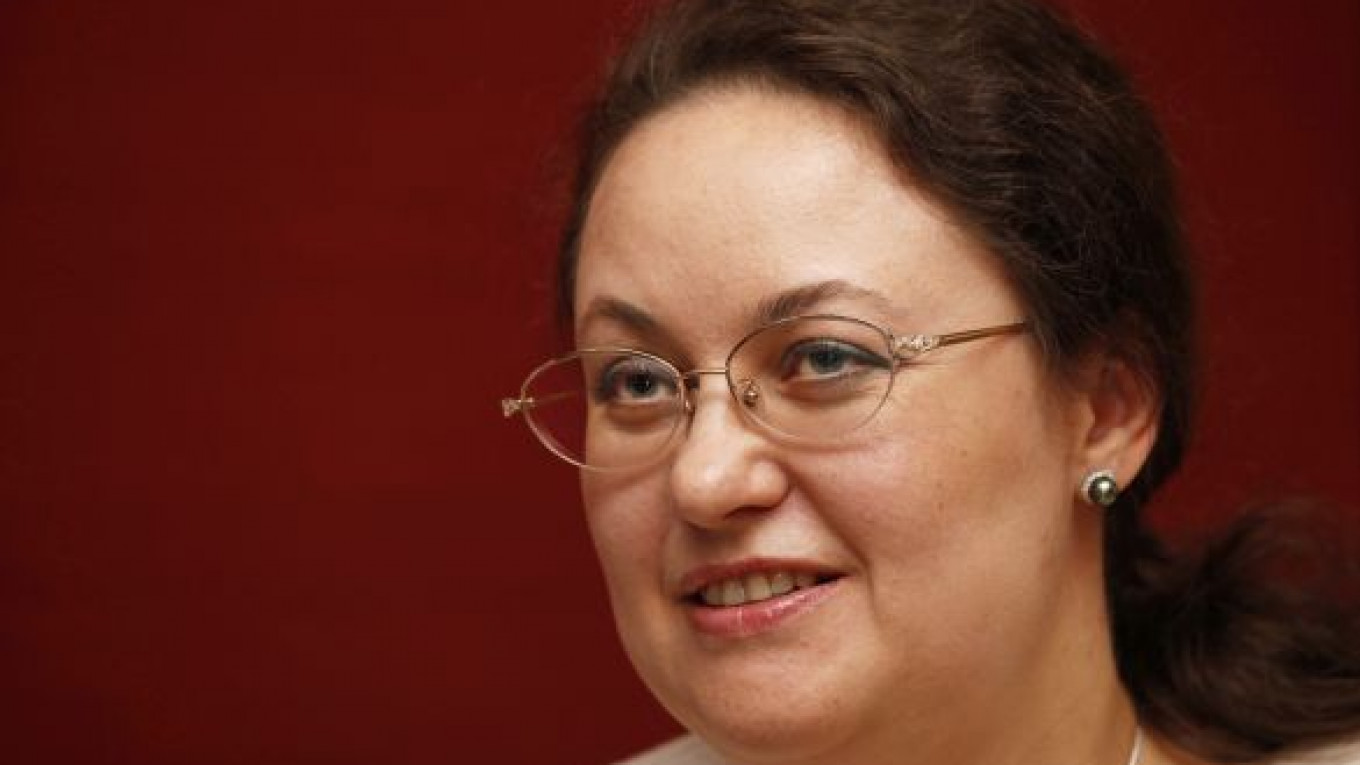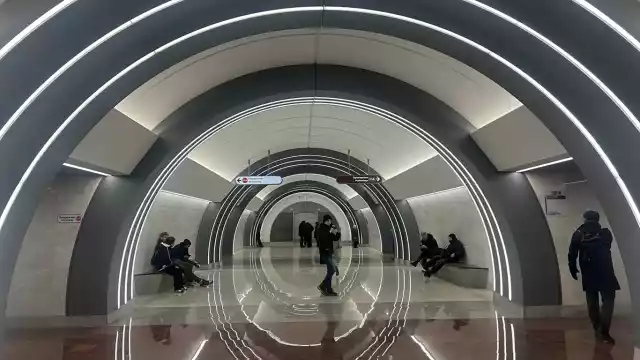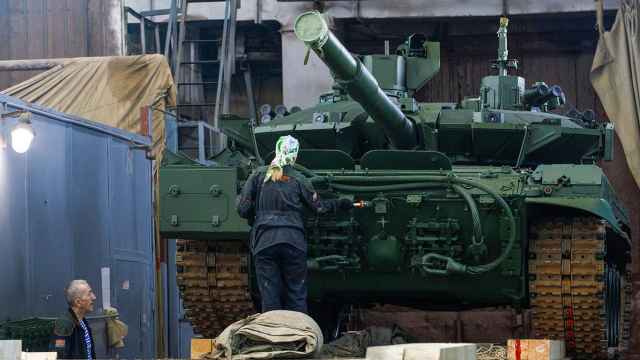MACAU — Russia is betting on a gambling and entertainment zone near its eastern port city of Vladivostok to lure investors who have spent big bucks on casinos that cater to Asian gamblers in the likes of Macau and Singapore, in particular cash-flush Chinese.
Vladivostok, just 2 1/2 hours by plane from Beijing and known more for its oil and gas pipelines, will face competition from Asian countries such as Vietnam and the Philippines, which are setting up similar tourism and entertainment zones.
Russia's state-owned Nash Dom Primorye said at the Global Gaming Expo in Macau on Wednesday that it is seeking private investors and companies to build casino resorts in a six-square-kilometer area in Vladivostok.
One of four official Russian government zones where casino gambling is legal, Vladivostok is the only one that has formally initiated plans to lure foreign investors.
"We have no north Asia port for gambling. For a long time the debate has been: Will it be Korea or Japan? And all of a sudden, Russia is in play. It's an interesting opportunity," said Bo Bernhard, executive director of the International Gaming Institute at the University of Nevada.
He said the key for investors was how many competitors the Russian government would allow.
"This isn't a furniture store. Gaming is a rare product and needs explicit government approval to operate," he added.
Known as the Integrated Entertainment Zone, the project has space for roughly five large resorts.
A report from Gaming Market Advisors, which conducts casino market research, estimates that the zone could rake in revenues of $2 billion to $7 billion annually when completed.
By comparison, Singapore's casino area, which is similar in size, took in more than $5 billion in 2011.
Nash Dom Primorye has appointed Las Vegas-based Galaviz & Co as lead strategic adviser for the tender.
The tender will be initiated in June, giving potential international operators 60 days to send in a pitch and budget estimates. The government will then enter into discussions with potential investors by the end of October.
Marina Lomakina, general director of Nash Dom, said she hoped the zone would be fully completed within five years.
"We want companies who are well known and will help create amenities that are more than just casino gaming," she said, adding that the zone would require a total minimum investment of $2 billion from private investors looking to develop properties.
The plan includes luxury hotels, a yacht club, shopping malls as well as outdoor sports such as golf. The zone is 2.6 square kilometers, but can be extended to six square kilometers.
"They are pretty smart. It might work. The big issue is how the visas will work," said Nelson Law, a professor of law based in California, referring to restrictions China placed on travel to Macau as huge amounts of money flooded into casinos there.
Lomakina said Russia had an agreement with China whereby Chinese citizens in a group between five and 100 people could enter the country without a visa and stay for two weeks.
The project, which will focus on attracting Asian money, comes as China's economy is slowing and Macau's once turbocharged monthly growth rate is falling to near single digits.
Russians would also contribute to the total revenue spent in the Vladivostok zone, Lomakina said. Unlike Asian countries such as Vietnam where it is illegal for citizens to gamble, Russians are allowed to gamble in designated local zones.
"We hope most of the customers will be from China, as well as Korea, Japan and the United States. We have very strong ties with these countries and expect to have their interest."
Vladivostok, which has been undergoing a face-lift ahead of hosting the APEC summit in September, is two hours by plane from Seoul and Tokyo.
A Message from The Moscow Times:
Dear readers,
We are facing unprecedented challenges. Russia's Prosecutor General's Office has designated The Moscow Times as an "undesirable" organization, criminalizing our work and putting our staff at risk of prosecution. This follows our earlier unjust labeling as a "foreign agent."
These actions are direct attempts to silence independent journalism in Russia. The authorities claim our work "discredits the decisions of the Russian leadership." We see things differently: we strive to provide accurate, unbiased reporting on Russia.
We, the journalists of The Moscow Times, refuse to be silenced. But to continue our work, we need your help.
Your support, no matter how small, makes a world of difference. If you can, please support us monthly starting from just $2. It's quick to set up, and every contribution makes a significant impact.
By supporting The Moscow Times, you're defending open, independent journalism in the face of repression. Thank you for standing with us.
Remind me later.






